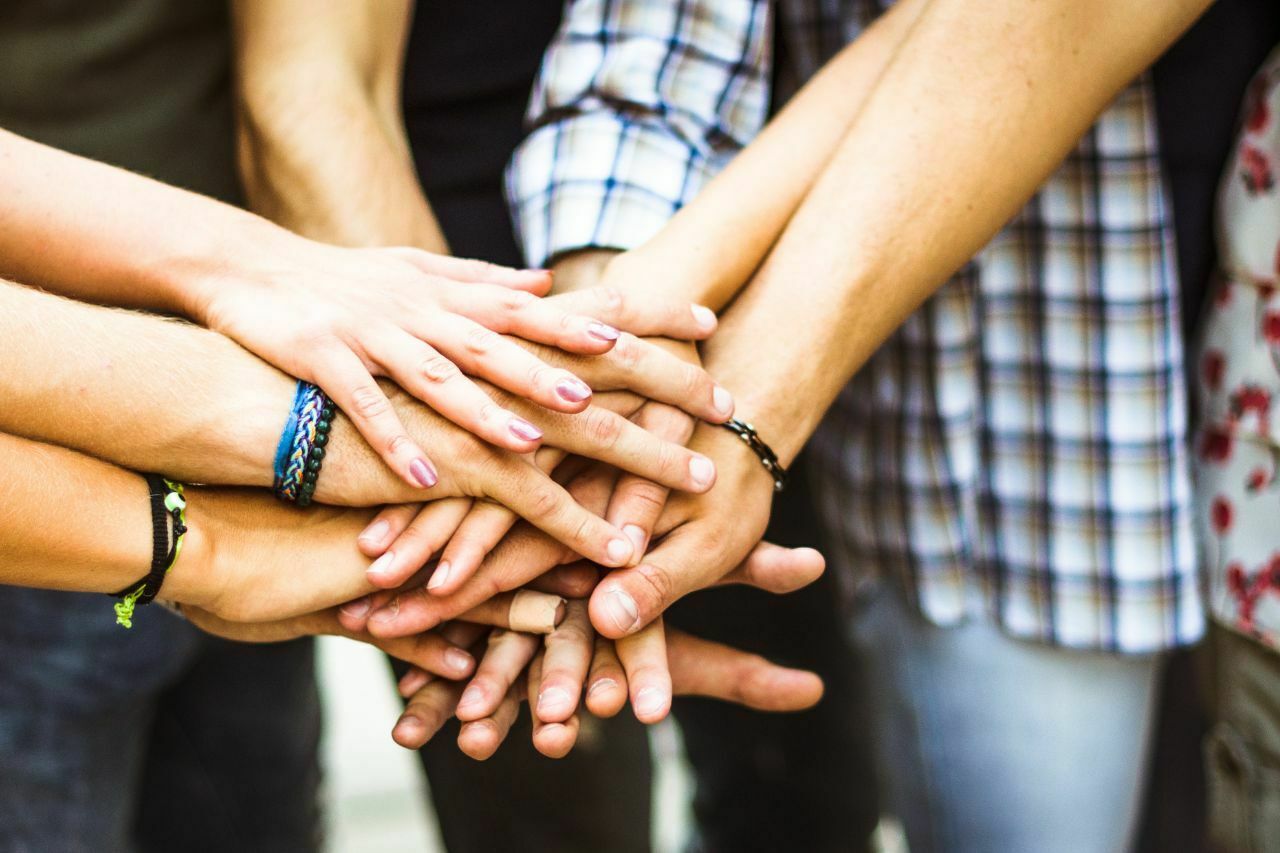
Access to information, relevant news, and an important communication channel: do you know what chatbots do for society using artificial intelligence?
In contrast to what we often see, the technology is not only developed for financial, corporate and private purposes.
Its applications, such as artificial intelligence and chatbots, are also focused on social initiatives, especially in places without much assistance and in underdeveloped countries.
From there, check out how it is possible to use AI technology for social purposes and understand how virtual assistants act in social causes, empowerment and emergency situations to make the difference.
Check it out!
Do you know the concept of social technologies?
Social technologies are resources used to help communities using technological tools.
This way, they have a participatory aspect in order to solve society’s problems, reducing inequalities, assisting vulnerable people and having a huge impact where it is implemented.
Therefore, one of the technologies that can be used for these purposes are the social chatbots, a gain for NGOs and mobilizing projects.
This is a solution used to promote inclusion, bring positive impacts to the collectivity, relevance, and engagement of all.
So, would you like to know more about what chatbots do for society? Read on and understand how third sector institutions also benefit from the technology.
4 actions that chatbots do for society
See all the potential of this technology with artificial intelligence acting directly on structural problems.
A humanized chatbot, for example, enhances the work of NGOs and is a great ally when used to collect information, broadcast news and guide people.
Therefore, they can be part of communication strategies to optimize medical care and public and social services, disseminate causes and important information. On reflection, this is a way to raise people’s interest in society-oriented projects.
Note how robotic interactions programmed with artificial intelligence can be extremely humanized, bringing people together and engaging the population.
In addition to bringing practicality through a unique tool of quick contact with the public, to interact with quality and humanization by scaling projects.
1. Carry information
The users of an educational chatbot, for example, receive relevant information in considerable volume that can make their lives easier.
Thus, one of the actions that chatbots do for society is to keep the population informed and away from fake news, guaranteeing their right to easy access to information.
Therefore, citizens are connected to important issues, receive messages about their community and are nourished in an agile way about diverse topics.
Furthermore, notices can be set up to be sent when some relevant event occurs, and these are just a few examples of how technology should play a considerable role in generating transformation with easy communication.
People on the fringes of society receive rea-time information through a chatbot configured to be a source of connection and social inclusion.
2. Evaluate fake news to avoid fake news
This is another important use for what chatbots do for society today. Social chatbots are able to combat misinformation from fake messages spread quickly over the internet.
Thus, virtual assistant initiatives with artificial intelligence that solve this major challenge ensure easy access to the truth. Besides, the analysis of fake news by a robot makes it possible to send messages to those who share fake news informing what the true information is and avoiding rumors.
In other words, it is an important tool to warn those who spread untruths throughout the world via social networks. The user receives the true information and other followers can see the bot’s correction in response to the disseminator of fake news.
3. They help in social projects
Chatbots also help social programs as agents of transformation. In these applications, the technology acts by addressing structural problems through guidance. One example is the production of statistics and data collection through surveys, helping the receipt of donations and other types of humanitarian aid.
This way, technology acts as an agent of transformation by addressing structural problems through guidance, producing statistics, assisting the receipt of donations and offering virtual services.
READ MORE | Chatbots that connect: using Weni Platform to retain donors
Another application is to send messages to communities that have an interest in the social causes of an NGO and disseminate what is being done so that everyone knows about its solutions for the future.
It is also possible to reduce situations of global impact, such as the lack of access to education and health.
Apps act by offering basic services and sending relevant content to a part of society on the margins of rights and with a worse quality of life due to lack of resources.
4. They are a channel against violence and harassment (it can be used to report it)
Virtual assistants help communities by sending guidance on relevant statistics, such as cases of violence against minorities, and it can be a quick reporting channel for the population.
Thus, social chatbots play a key role in encouraging reports of violence and harassment, as well as providing guidance on how to identify if a person is suffering from violence and doesn’t know it.
See what chatbots do for society through the use of artificial intelligence to inform, transform, and offer relevant services for a better world.
Cases: chatbots of social impact
Weni has real cases of success and use of chatbots with artificial intelligence that acted in situations of social emergency, such as during the pandemic.
Moreover, there are also bots that act in initiatives to bring information, collect data from the population, and help in situations of risk.
Below, you will learn the real-life story of some chatbots that do indispensable work for the population of several countries.
Healthy Buddy | UNICEF Europe and Central Asia
The Healthy Buddy chatbot was implemented to transmit on information from the HealthBuddy portal about COVID-19. The chatbot’s job is to clarify key questions about symptoms, means of protection, and to demystify unscientific information.
UNICEF U-Report
The U-Report was a resource used by UNICEF to encourage and empower young people to be agents of change in society by reporting problems in their neighborhoods and beyond.
Young people get involved by exchanging messages, answering polls and surveys on issues relevant to their reality, accessing stories on important issues from around the world as well.
Get to know the solution for NGOs
So, what chatbots do for society goes beyond business goals in building personalized virtual assistants.
Learn more about how we, at Weni, use technology with artificial intelligence to bring people together and cause significant social impacts. AI adds to chatbots and society, so third sector institutions can and should take advantage of this opportunity to assist and scale their social projects.
Would you like to know more success cases and what chatbots do for society in several areas?
If your organization is part of the third sector, or you work in a private institution with social initiatives, contact us and see how we can help!


